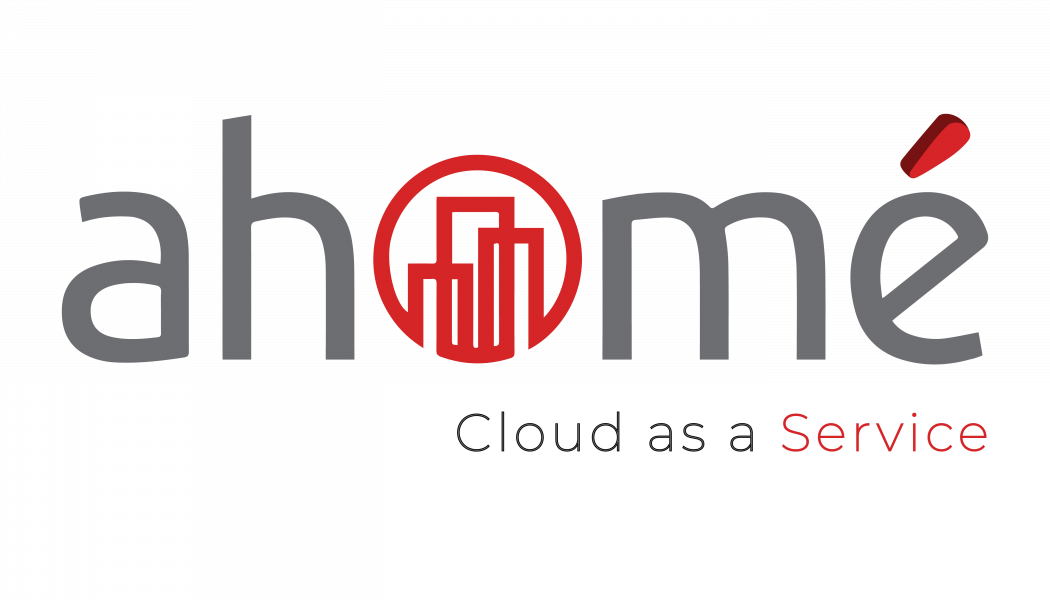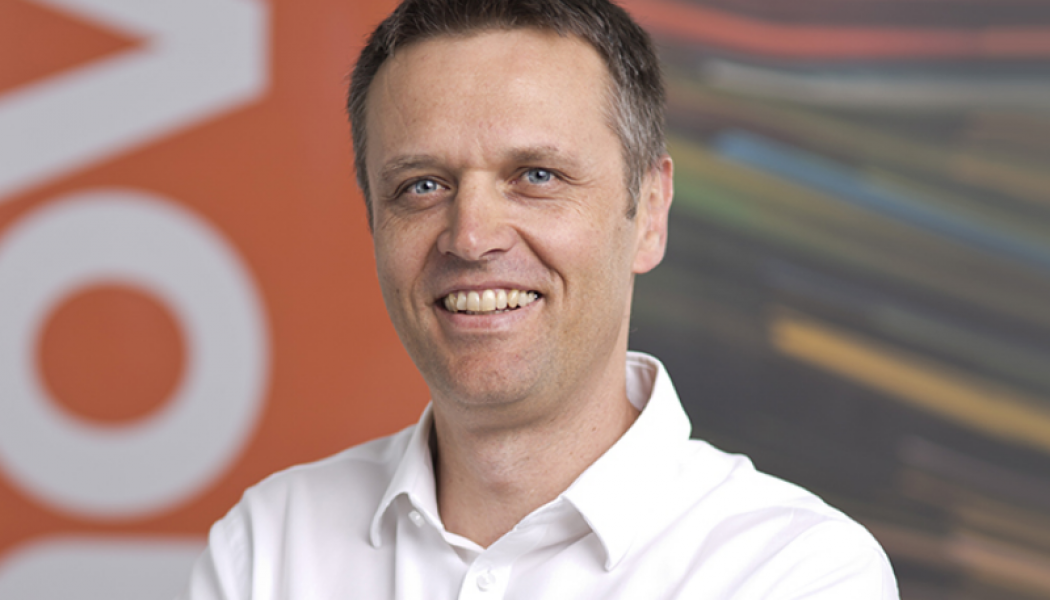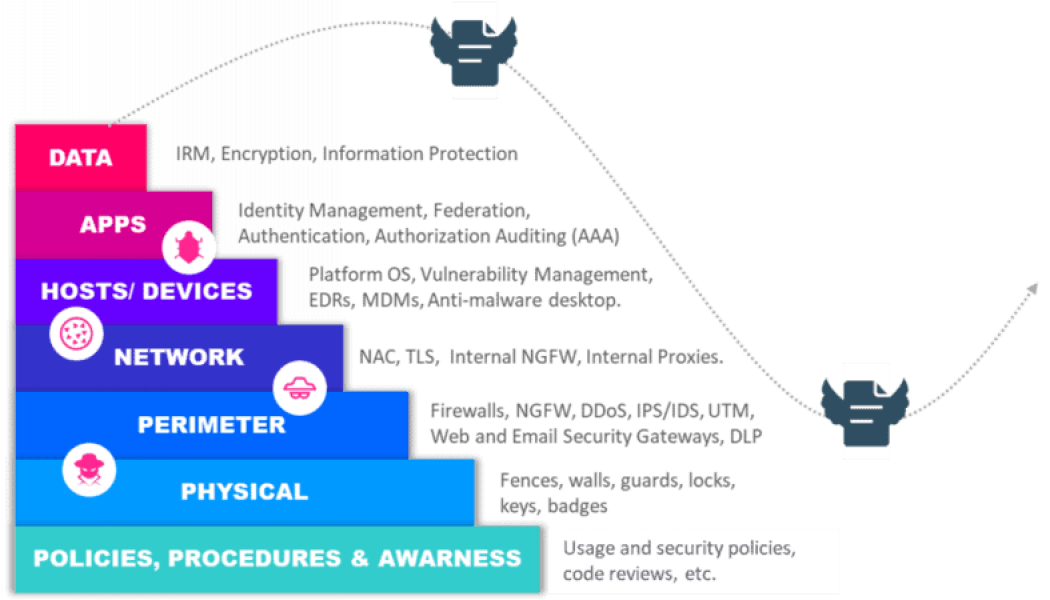Enterprise IT
Africa Data Centres to Build 10MW Facility in Nigeria
Africa Data Centres (ADC) has already begun work on its plans to construct a 10MW facility in Lagos, Nigeria. According to TechCentral, the Nigerian data centre will form “(ADC)’ West African hub” and join its network of facilities across East and Southern Africa. ADC CEO, Stephane Duproz says that the Lagos build will help spur the Nigerian economy. “The stimulus effect to the economy of digitisation is well documented and Nigeria is ready for this technology boon. Furthermore, our construction policy is to uplift the community as far as possible, employing local contractors and creating work opportunities within the communities we enter – so the job creation opportunities are realised at both grass-roots and hi-tech levels.” Africa Data Centres Joins NVIDIA DGX-Ready Data Centre Pr...
Dimension Data Acquires Cloud Solutions Company to Fast-Track AWS Capabilities
Dimension Data has announced its acquisition of cloud implementation company – Acacia Cloud Solutions. The company believes this move will cement its commitment to invest in cloud services and solutions that meet the digital transformation and hybrid cloud requirements of organisations in the Middle East and Africa region in an increasingly competitive and digital business operating landscape. The acquisition is expected to expand Dimension Data’s AWS capabilities and provide its clients with innovative cloud managed services solutions that deliver relevant optimisation tools and speed to market. This will see both Acacia Cloud Solutions and Dimension Data building more capacity and skills to effectively meet client demand. “Our acquisition of Acacia Cloud Solutions, and our global re...
ahomé Cloud as a Service, a New Generation Multi-Cloud Management Tool
In February 2021, Cloud Inspire sas, launched its self-service cloud portal called ahomé. ahomé is a cloud management tool, developed on a powerful automation engine, able to build, orchestrate, deploy and manage a multi-cloud infrastructure. With its intuitive web application interface, ahomé aims at eliminating the complexities of orchestrating a hybrid cloud infrastructure, hence making it accessible to all. Danny Afahounko, CEO of Cloud Inspire, says: “ahomé is a tool designed to counter IT challenges, especially in Africa, where IT progression might be more complicated due to the challenges of the continent. We have developed ahomé to enable Africa into the 4th industrial revolution. By this, we mean that ahomé can enable companies to easily operate a hybrid cloud infrastructure...
Protecting the IT Landscape in a Borderless World
The evolution of technology has pushed the perimeter of organisations further and further towards the edge, and we no longer have the monolithic structures we did in the past. The cloud, the Internet of Things (IoT), even the COVID-19 pandemic accelerating the adoption of a work from home model, have contributed to what has, in effect, become a borderless world. This means that the traditional approach to security of locking down the perimeter is simply no longer enough. The perimeter cannot be easily defined, and the way in which we access services has fundamentally changed. Cybersecurity mesh has emerged as a framework to address this challenge, with a distributed security architecture that more effectively meets the challenges of today’s landscape. Trust no one With IT infrastructure so...
Why Reimagined IT Strategies are Mission Critical for SMEs
Image sourced from IT Web Small and medium enterprises (SMEs) have been severely affected by the pandemic – many of which are struggling to ensure continuity, let alone achieve sustained growth. However, the news is not all negative. We have also seen countless examples of entrepreneurs rising to the challenge and tackling the unexpected head-on. SMEs who move quickly to take advantage of new technology business models are not only keeping afloat but are actually thriving. According to an article by the World Economic Forum (WEF), SMEs make up 90% of formal businesses in South Africa. These businesses contribute 34% to the country’s GDP and employ up to 60% of the labour force. For this reason, it is crucial that these small businesses continue to embrace technology and digital solutions i...
Fixing Your Cybersecurity Issues 1 Next-Gen Firewall at a Time
Stefan van de Giessen, General Manager: Cybersecurity at Networks Unlimited Africa When did you last check your firewalls as a barrier to entry against cybercriminals? And, perhaps more importantly: does your organisation still rely on a legacy firewall, or has it upgraded to a next-generation firewall (NGFW)? And have you considered the ‘Broken window’ principle when looking at your internal cybersecurity posture, in order to have a positive effect on your business processes? These questions are posed by Stefan van de Giessen: General Manager: Cybersecurity at Networks Unlimited Africa, who says, “The broken window theory rests on the idea that a neighbourhood or community that appears to be orderly and well-kept will be less susceptible to crime. Conversely, one that has many broken wind...
5 Reasons Why (Not Only) Financial Companies Struggle with Cybersecurity
Financial services companies have been a popular target for cybercriminals for a long time. Not without good reason, since beyond working with money, financial companies handle a slew of sensitive client data that criminals utilise in various fraud schemes or sell-off on dark web bazaars. According to Verizon’s 2020 Data Breach Investigations Report, in the past year alone the financial industry has suffered more than 1,500 incidents, with 448 confirmed data disclosures. Carey van Vlaanderen, CEO of ESET says that in addition to the long-standing threats, most companies have had to contend with the rapid transition to remote work. “The shift happened on extremely short notice, leaving companies with little time to deploy adequate cybersecurity measures or to prepare employees for looming c...





















